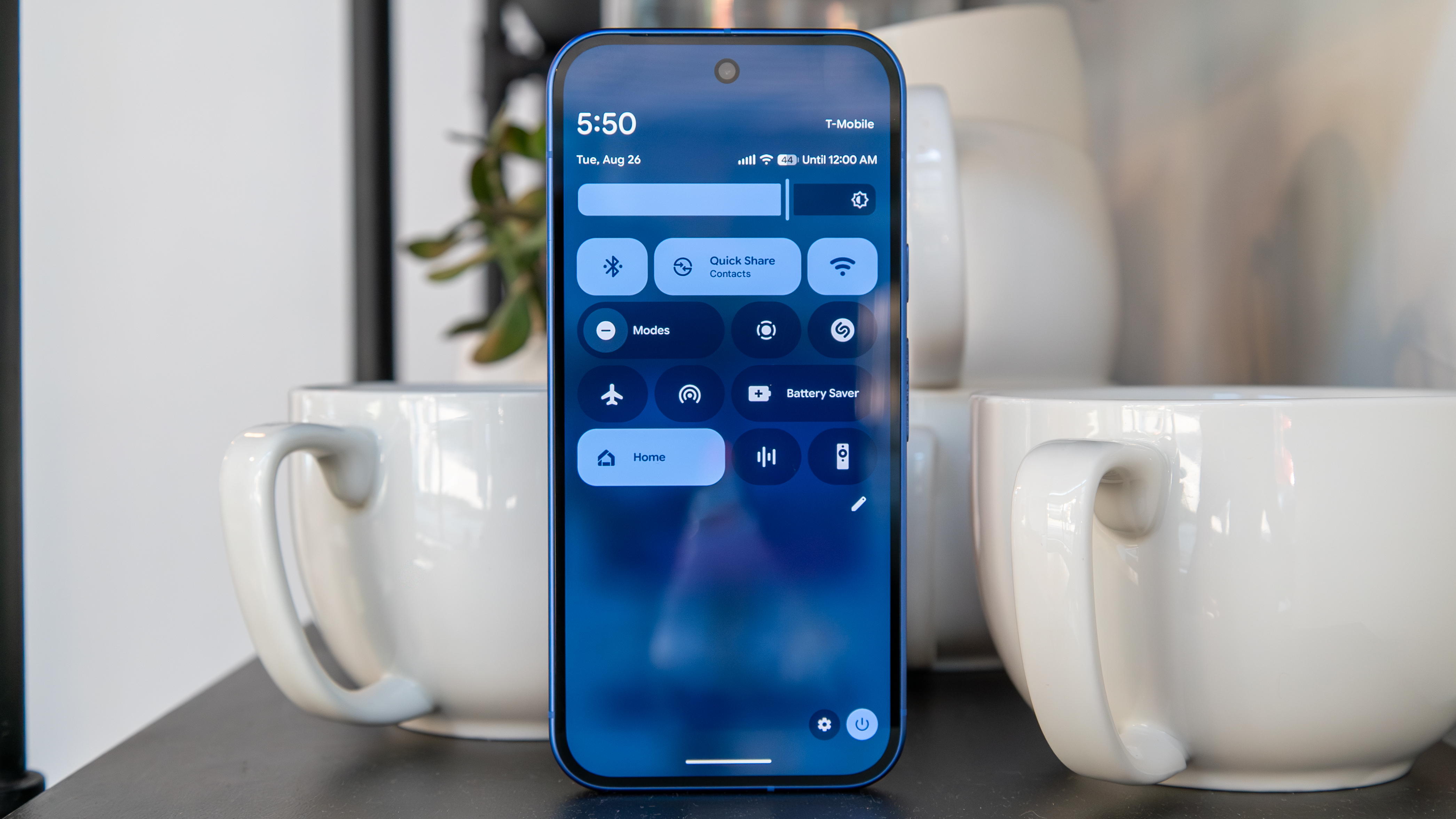Google will add wireless Stadia Controller support for phones and PCs next year

What you need to know
- An updated Google Store listing for Stadia Premiere Edition has revealed that the Stadia Controller will get wireless support for select phones, tablets, and PCs only in 2020.
- Currently, wireless Stadia Controller support is limited to the Chromecast Ultra.
- If you can't wait until next year, you do have the option of using third-party controllers from Microsoft, Sony, or Nintendo for wireless play.
Soon after confirming Stadia's launch date, the Stadia team had "confirmed" in a post on the official subreddit last month that wireless Stadia Controller support would be available on phones, tablets, and PCs soon after the launch of the game streaming service. Now, however, an updated Google Store listing (via 9to5Google) for the Stadia Premiere Edition claims wireless support for select phones, tablets, laptops, and desktops will only arrive in 2020.
Currently, Chromecast Ultra is the only device that supports wireless play with the Stadia Controller. The Stadia Controller needs to be connected with a USB-C cable when playing on Pixel phones and PCs. As noted by the folks at 9to5Google, however, Stadia does support third-party Microsoft Xbox, Nintendo Switch, and Sony PlayStation controllers. These third-party controllers can be paired with compatible Pixel phones, notebooks, as well as desktops for wireless gameplay.
Another feature that Google is currently working on is support for the Google Assistant button on the Stadia Controller. Once rolled out, you will be able to press the Assistant button on the Stadia Controller and ask it questions or seek personalized help. You will even be able to start a game on Stadia by using the Assistant. Initially, however, the feature will only be available with Chromecast.
Google Stadia review: Embarrassingly incomplete, staggeringly good
Get the latest news from Android Central, your trusted companion in the world of Android

